It’s taken 40 years, but I’ve finally developed a taste for the one type of classical music that I couldn’t stand. And last week I broke the news to the man responsible: Roger Hewland, owner of Gramex, the world’s finest second-hand classical CD and record shop, just behind Waterloo Station.
‘Roger, I’ve suddenly got into Italian opera,’ I said.
He raised an eyebrow in mock concern. ‘Oh dear, now that is serious. It’s an incurable addiction and [rubbing his hands together — he’s a shopkeeper, after all] a most expensive one. May I ask what you were listening to when the symptoms first appeared?’
‘Donizetti. Lucia di Lammermoor with Sutherland and Pavarotti.’
‘All is lost!’ crowed Roger, grinning like a schoolboy who’s just won a game of conkers: with his tousled thick white hair and habit of rearranging the shelves just to tease customers, he reminds me of an octogenarian William Brown. ‘Donizetti is dangerous stuff. Next it will be Bellini.’
I’ve been visiting Gramex for a decade; it’s a place of safety where, as I’ve written here before, you can drop into an armchair and a cup of tea will be pushed into your hand while you sample a CD on the shop’s cordless headphones.
In the early years I sometimes used the headphones to block out Roger’s non-stop chatter about Italian opera: ‘Magda Olivero — not the prettiest sound, but the most intelligent delivery you’ll ever hear.’
Most of it meant nothing to me, but — since Roger’s not averse to repeating himself — one or two things stuck. ‘The problem with La Traviata is that the perfect performance would require the three best sopranos in the world — the best coloratura soprano, the best lyric soprano and the best dramatic soprano.’
The notion that certain Verdi roles require superhuman powers is one of Roger’s leitmotifs. Not that he’d use the L-word. He hates 99 per cent of Wagner, grudgingly allowing that a five-minute passage here or there isn’t bad. And Mozart leaves him cold. Yet, until this year, the only operas I could relate to were by these two composers.
Mozart and Wagner have little in common — but there was method in my madness (and Roger’s). They wrote operas that could be appreciated by people for whom the human voice wasn’t paramount. Mozart’s vocal lines can’t be separated from his miracles of counterpoint and modulation: for me, the end of Act 2 of Figaro delivers the same quality of joy as his piano concertos, some of whose finales are distinctly operatic. As for Wagner, although Siegfried and Brünnhilde are thrillingly taxing roles — to the extent that they can wipe years off a singer’s career — their true character is revealed and concealed by the orchestra.
‘Wagner doesn’t trust the human voice,’ says Roger. You can disagree, but it’s a defensible position. In contrast, his musical gods — Bellini, Donizetti, Verdi and Puccini — ‘pluck melodies out of thin air’, as he puts it, and give them to singers. These melodies can invest even a dud libretto with poignancy; but, he stresses, the performer must use his or her voice intelligently.
Roger started collecting 78s exactly 65 years ago. ‘In those days I wanted to hear singers who could act. Today I want actors who can sing,’ he says. In other words, interpretation trumps purity of sound or simple technique. Now that I’ve grasped that point, I find I’m less annoyed by the silliness of operatic plots. The singer can transcend them. Maria Callas, the supreme example of an actor who could sing, conveys an infinity of emotions in the inflections of her (unreliable) voice — even if all the story tells us is that she’s a neurotic airhead who’s about to drink poison or expire without explanation, as so many operatic heroines do, poor things.
My ears have been unblocked. I can hear tiny felicities of orchestration and harmonic playfulness in the accompaniment to bel canto arias that I’d dismissed as warbling on top of oom-pah-pahs. And in the case of Verdi I feel cheated of decades of musical bliss. As Jane says to Blanche in What Ever Happened to Baby Jane?, ‘You mean, all this time, we could have been friends?’
I don’t feel the need to go to the opera house; I’m too scared of turning into an opera queen. I can learn more at Gramex. Roger has given me a CD of Magda Olivero singing assorted arias in the 1930s. He’s right: although it’s not a pretty voice, the things she does with it take the breath away — devilish coloratura scales tossed off pianissimo, always at the service of the words. (I’ve just googled her. Born 1910 and, blimey, still with us.) It would be nice if I could turn the tables on Roger by getting him into Wagner… but some battles are just not worth fighting.
Got something to add? Join the discussion and comment below.
Get 10 issues for just $10
Subscribe to The Spectator Australia today for the next 10 magazine issues, plus full online access, for just $10.
You might disagree with half of it, but you’ll enjoy reading all of it. Try your first month for free, then just $2 a week for the remainder of your first year.

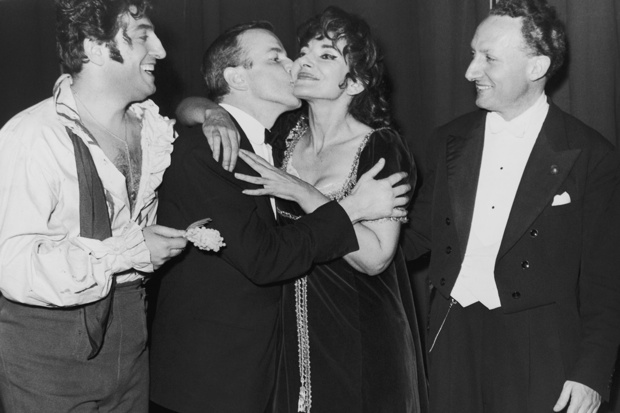

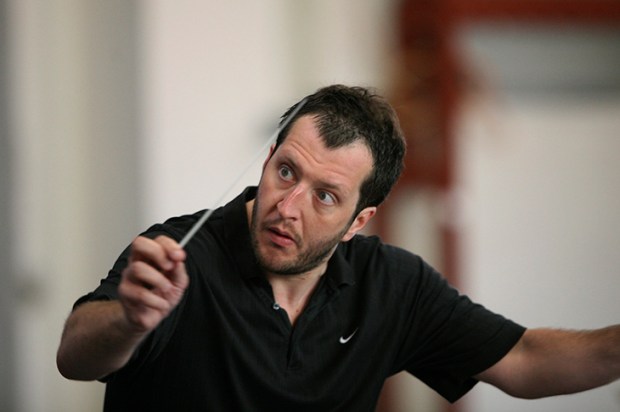
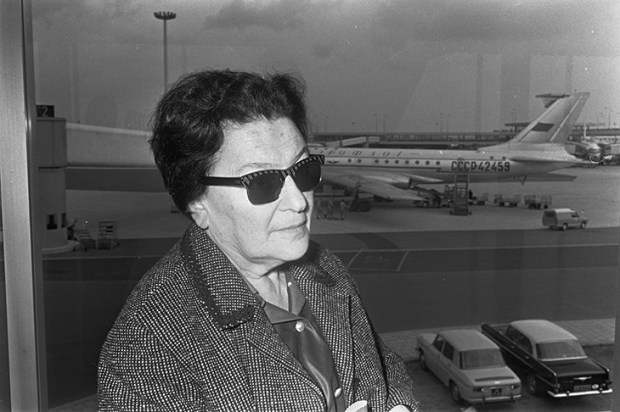
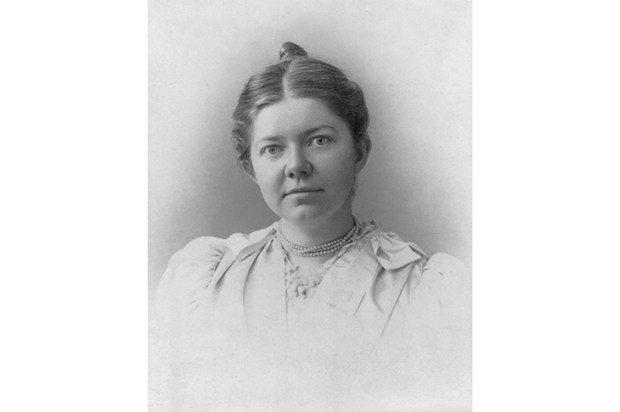
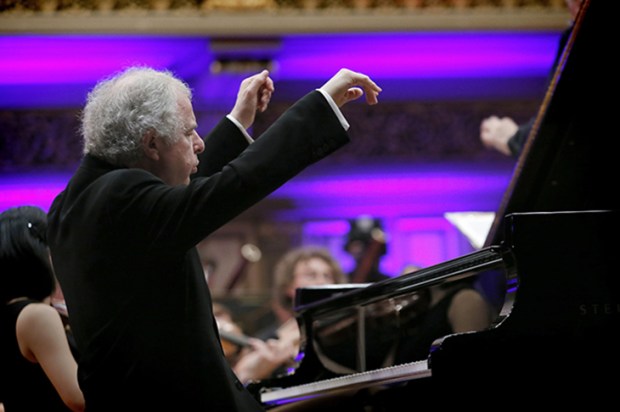
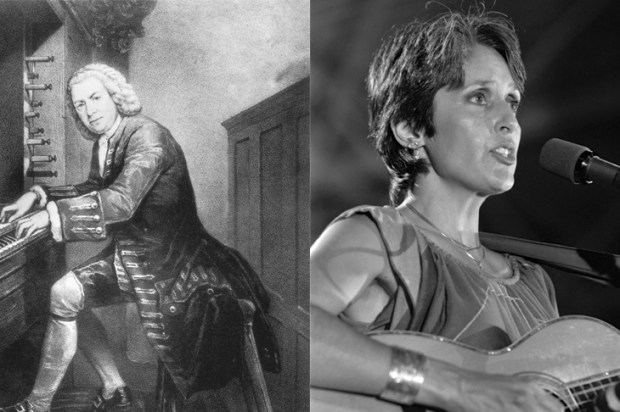






Comments
Don't miss out
Join the conversation with other Spectator Australia readers. Subscribe to leave a comment.
SUBSCRIBEAlready a subscriber? Log in